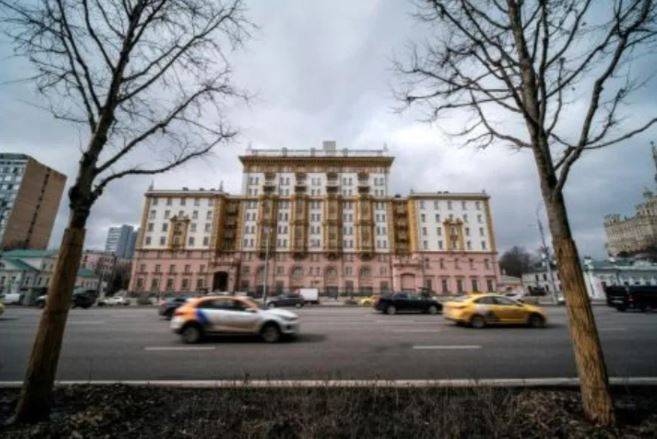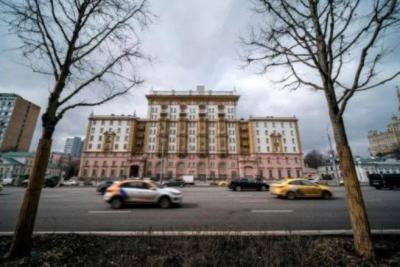An American official warned on Wednesday that the United States Embassy in Moscow could cease most of its operations next year unless a resolution is reached with Russia regarding an increase in visas for diplomats. Earlier this month, the United States stopped issuing visas in Moscow, forcing Russians to go to the U.S. Embassy in Warsaw. A senior State Department official stated, "We need to make progress soon." He continued, "We will address this issue, not next month but over the next year, as it is very difficult for us to continue doing anything other than essential operations at the embassy."
The official mentioned, "We will do everything we can to keep that mission open," but warned that other embassy operations, such as sending diplomatic cables, will become more difficult without an increase in staff. He pointed out that the U.S. Embassy needs personnel for basic tasks, such as opening and closing the premises, ensuring the security of telephone communications, and operating elevators.
On August 1, Russia barred embassies operating on its territory from employing Russians or nationals of third countries, forcing the United States to lay off more than 200 Russians from several missions in Russia, according to the State Department. The United States has complained that Russia does not reciprocate, as Moscow counts local employees among the allowable number of American diplomats, while Washington only counts Russian nationals as part of its diplomats.
There are about 120 Americans working in U.S. missions in Moscow, down from 1,200 in 2017, while there are 230 Russians working in their country's missions in the United States, not counting those working at the Russian mission to the United Nations in New York. The official noted, "Their presence here in the United States is much larger than our presence in Russia."
Relations between the United States and Russia are strained on several fronts, including accusations from Washington that Moscow is behind cyberattacks and interference in elections, despite commitments from U.S. President Joe Biden and Russian President Vladimir Putin to seek more stable relations during a summit they held in Geneva.




